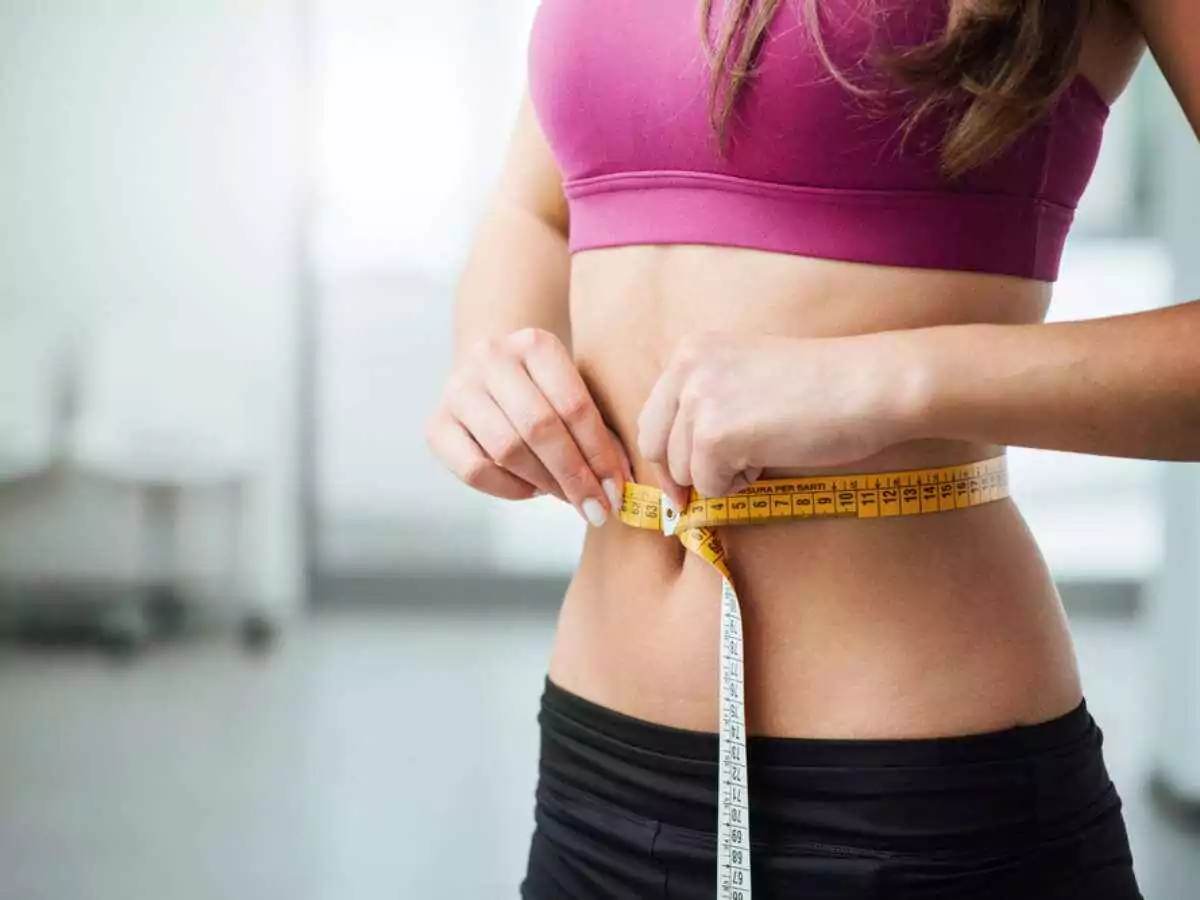
Weight is an aspect most athletes grapple with the world over, especially after the offseason. Different weight loss strategies at Term Paper Easy can, however, help remedy the predicament. Weight mainly attributes to the extra fat content in the body. H
however, a specific body fat content is critical for human function, so a careful approach to losing the surplus fat without affecting the other integral portion is essential. So how can an athlete go about the issue of weight loss?
Scientific Weight Loss Strategies for Athletes
The careful balance between shedding off extra weight attributed to excess body fat and preventing underweight problems is critical for an athlete. Excess weight negatively influences mobility and general performance, while too much loss of weight wastes away the muscles with a similar result in their performance. For you to get the balance right, these scientific weight-loss strategies will come in handy.
Lose weight in the off-season
It’s tough to lose weight and attain peak fitness simultaneously. It is for this reason that athletes have to try and shed off extra fat during their off-season period. When you eat fewer calories while training or playing, it reduces your energy levels, which ultimately affects your performance. The off-season allows for a moderate weight loss rate, which reduces the muscle loss likelihood and supports enhanced sports performance.
Shun crash diets
Crash diets, which drastically reduce your calorie and nutrient intake, can increase your risk of injury and illness by not supporting adequate training and recovery. It is, therefore, critical for an athlete to shun cutting their calorie consumption by a total daily rate above 300–500 calories.
Eat more fiber and less sugar
Incorporate low carb delicacies as part of your diet. Research shows that nutrition with low carb (35-40% calorie content) enhances weight loss. It is crucial not to severely reduce your carb intake but reduce added sugars like sucrose, malt, etc. and eating more fiber-containing vegetable dishes, which ensures you feel full for a more extended period.
More protein intake
Proteins help in the loss of body fat in a myriad of ways. It increases the calorie content used in digestion while also bolstering the feeling of fullness. Proteins are also critical in maintaining the integrity of muscles during weight loss. Experts recommend one to eat twice or thrice more protein every day but not exceeding 0.8-1.2 grams for every body-weight pound.
Distribution of protein intake during the day is vital
Protein intake is excellent for weight loss, but distributing intake in various portions throughout the day is even more useful. It enhances body protein development, which improves an athlete’s muscles. Proteins of about 20-30grams every meal are sufficient for muscle development in the subsequent 2-3 hours.
Re-energizing after a competition or training
Athletes need to consume the right type of food after a physical exertion during their weight-loss period. The severity of the physical effort and recovery period should influence the intake level. Aim to eat a carb quantity of 0.5-0.7 grams for every body-weight pound if you are on a low carb diet as soon as you finish an exertion like training. Also, incorporate protein to speed up the recovery process.
Carry out strength training
Weight-loss attempts can lead to muscle deterioration besides fat loss in most cases. Muscle strength training, in addition to protein intake, stimulates the growth and development of the muscles. However, consult your coach in any case you want to add extra sessions beyond your regular schedule to limit incidences of overtraining injuries.
Gradually increase calories post-attainment of your weight objective
Every athlete gets tempted to revert to old eating habits or to improve their eating portions. But to maintain your weight, avoid bumping back as your body can quickly adjust, and you end up recovering the lost fat within a short time to your detriment. Instead, gradually increase your portion levels to ensure that you maintain the same weight.
Embrace other weight loss mechanisms for non-athletes as these might equally apply
You need to measure and keep track of your portions, drinking enough fluids, getting sufficient sleep, etc.
Read about amazing result after losing weight
Conclusion
Loss of unnecessary fat if health though athletes have to carry it out in a manner that doesn’t impact their health and sports performance negatively.